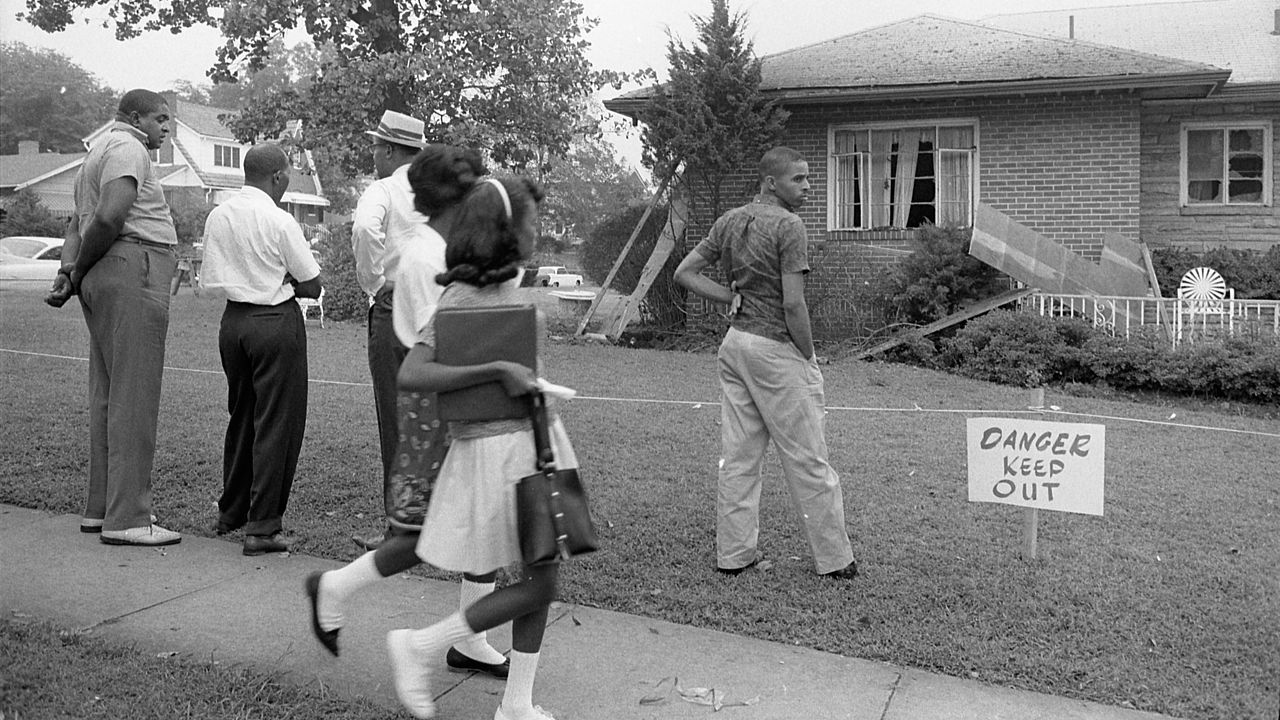Read the headlines these days, and it can seem like the country is splitting at the seams. The vitriol of our political and cultural debates is enough to make anyone wonder whether the "better angels of our nature" have gone into permanent hibernation.
Can the church work for justice in such a climate? Can it raise up leaders able to step back from the fray, take stock of the cultural terrain, and plead with God for direction? Can it communicate gospel truths to an increasingly secular people?
Reading Edward Gilbreath's Birmingham Revolution: Martin Luther King Jr.'s Epic Challenge to the Church (InterVarsity Press) has given me a fresh perspective and renewed hope.
Gilbreath (a CT editor at large) hearkens back to the 1963 Birmingham civil rights campaign, to the world of Martin Luther King Jr., Fred Shuttlesworth, and other heroic Christian leaders. Today, we idolize these figures for leading a beleaguered people to the Promised Land. But as Birmingham Revolution makes clear, the civil rights movement was no slam dunk. Uncertainty, scarce resources, and outside hostility could have ground its progress to a halt.
The Birmingham campaign was pivotal. On the heels of defeat in Albany, Georgia, victory in Birmingham restored the movement's momentum. Failure could have crippled it, by drying up funding, discrediting the nonviolent method, and validating fears that the leaders were—take your pick—extremists, rabble-rousers, too Christian, not Christian enough, too Southern, or insufficiently urban.
How—amid the noise and ambiguity, the internal struggles and self-doubts, the bone-deep weariness and constant fear of death—did the Birmingham leaders maintain their focus? And how might their example instruct the church today? Gilbreath gives four answers.
First, and most important, they kept Christian faith front and center. Many people allow politics to shape their faith. But for King, it was always the reverse. Popular or unpopular, his positions were grounded in religious convictions.
Second, they practiced humility. Gilbreath calls this "embrac[ing] your inner Shuttlesworth." Shuttlesworth, the main civil rights leader in Birmingham, was a brave and bold Christian leader. Yet he recognized that victory in a thoroughly segregated Southern city required deference to King. Like a true Christian leader, he humbled himself for a greater good.
Third, the movement embraced youth. It would not have succeeded had the elders neglected to train junior partners and entrust them with leadership responsibilities. These younger activists recruited each other, filled the jails, and ultimately elicited violent reactions from the Birmingham police, which set the stage for negotiations.
And fourth, leaders lived out the principles of King's "Letter from a Birmingham Jail." This modern-day epistle charted a path through determined opposition toward justice and reconciliation. It is a treasure trove of timeless wisdom on distinguishing between just and unjust laws, understanding social and political change, grappling with root causes rather than effects, and preferring dialogue to monologue. It challenges us to work tirelessly for change, to engage the public square as extremists for righteousness, justice, and love.
Even today, in the afterglow of triumphs in Birmingham and beyond, we continue to face massive racial problems. Immigration debates are far from settled. Family redefinition is a fierce battleground.
Those issues, and many others, demand that the church learn and apply the lessons outlined in Birmingham Revolution. Don't lose hope that God can do another mighty work through his bride.
Michael O. Emerson is professor of sociology at Rice University.











